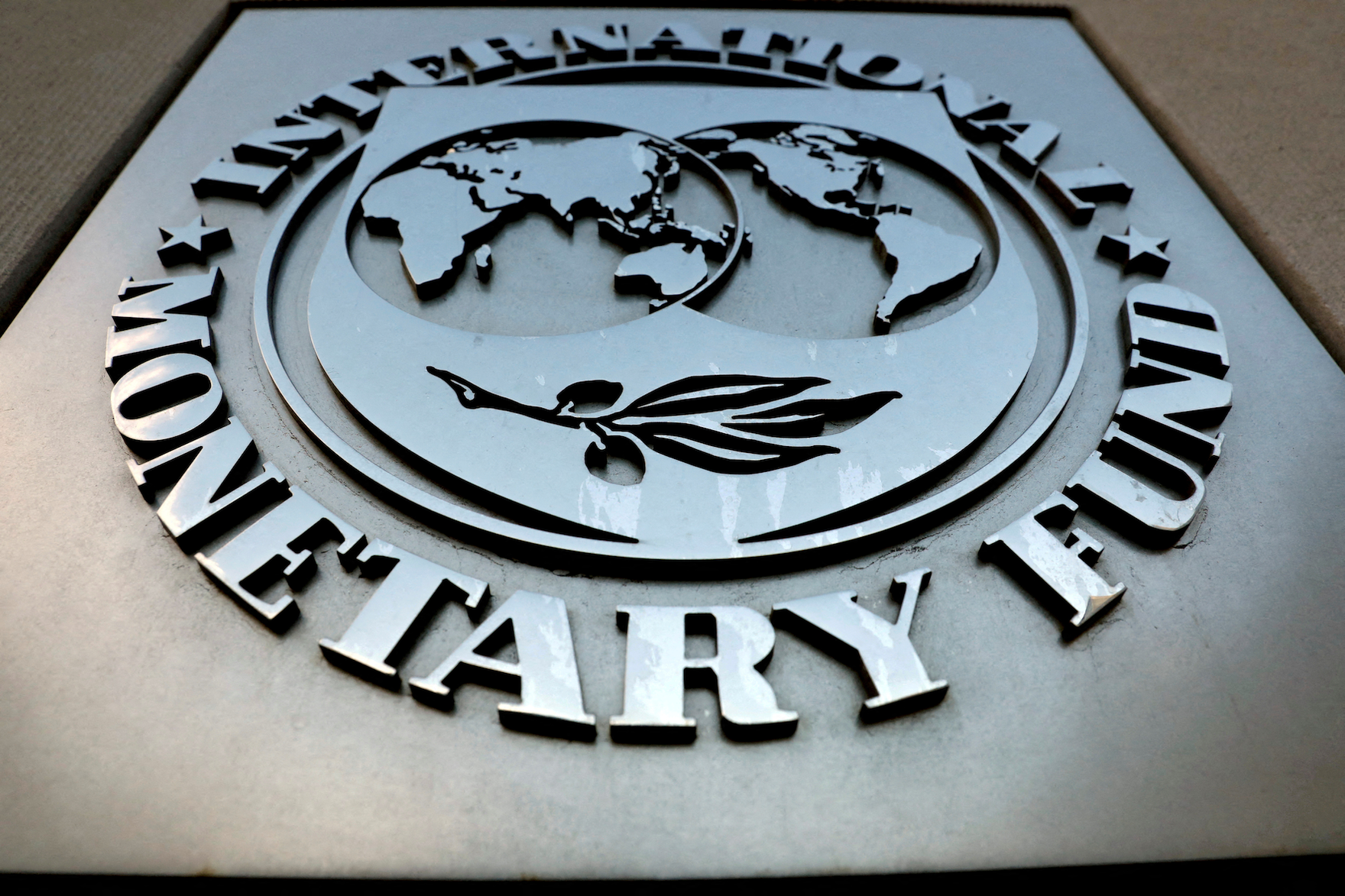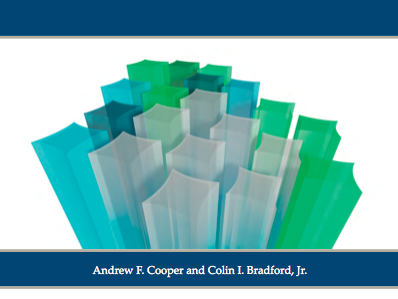Since the Bretton Woods Agreement of 1944, international economic organizations (IEOs) — including the International Monetary Fund (IMF), the World Bank Group (WBG) and the World Trade Organization (WTO) (and its predecessor, the GATT) — have laid the foundation of the rules-based system that has reduced economic conflicts and supported global economic growth.
They help countries to cooperate to address global challenges.
For example, the IMF provides a way to pool financial resources so that a country can borrow when it falls into financial difficulty, helping to prevent and mitigate debt crises that could imperil growth across the world. Similarly, the WBG provides a mechanism that promotes economic development and alleviates poverty. The WTO, through its negotiation mechanism, allows countries to lower trade barriers in a coordinated and reciprocal fashion, and through its dispute mechanism, prevents the escalation of trade disputes into all-out trade wars.
Institutions Are Being Undermined
Especially given current global challenges, the relevance of these institutions’ policy objectives has not gone away, nor has the need for countries to cooperate to achieve them. However, the IEOs have come under increasing attack in recent years.
The IMF has been criticized for not reflecting the increased economic weight of large emerging economies.
One quite valid criticism is that the IEOs are lagging behind changes in the world economy. They have not kept pace with the increasing weight of large emerging market economies. For example, the voting system at the IMF is based on quotas that blatantly underweight large emerging market countries such as China and India.
And the WTO has also been criticized, for not recognizing that these same emerging economies are ready to compete on an equal footing, and for “judicial activism” by its Appellate Body.
In stark contrast, at the WTO, some of these large emerging market economies, rather than assuming full trade responsibilities, cling to special and differential treatment provisions reserved for countries that are not ready to compete on an equal footing. As a result, many countries have lost faith in the WTO’s capacity to foster further trade liberalization, preferring to negotiate their own deals with select partners. The WTO’s dispute settlement function has also been questioned by countries that believe it has overstepped its mandate by indulging in “judicial activism,” prompting Washington to virtually paralyze the dispute settlement process by holding up appointments to the Appellate Body.
Geopolitical polarization is straining IEOs and the pressure on them has only intensified in the past year or two.
- National security concerns linked to China-US rivalry, the Russian invasion of Ukraine and the initial trade restrictions applied by some countries during the COVID-19 pandemic have shaken confidence in the dependency and the reliability of global supply chains. Many economies are now promoting “onshoring,” “nearshoring” or “friendshoring” of supply chains, which is inconsistent with extending most-favoured nation status to all partners — a fundamental principle of the WTO.
- The urgency to achieve climate change goals is being used to justify a resurgence in subsidies’ local content requirements — for example, the recently enacted Inflation Reduction Act, which provides large subsidies to electric vehicles but only those produced in a country with which the United States has a trade agreement, thereby excluding most of the world. Such requirements, again, undermine the WTO’s most-favoured nation and national treatment principles.
- Use of the global financial system as a foreign policy tool — for example, the proliferation of financial and investment restrictions that have raised concerns about the dollar’s dominance of the international financial system — has led the developing countries of Brazil, Russia, India and China (the BRICs) and some other countries to explore parallel payment and reserve currency systems.
Rather than weakening these institutions, we need to make them more responsive to changes in the world economy.
While IEOs will need to accommodate legitimate domestic policy concerns, policies that lead to further sidelining and undermining of multilateral institutions are counterproductive and will weaken economic growth, which in turn may effectively compel middle-power and developing countries to go against their economic interests and “take sides” at a time when geopolitical tensions are escalating.
To avoid what the IMF calls “geoeconomic fragmentation,” we will need to buttress the rules-based trading system, making it more predictable, fair and effective in avoiding the escalation of trade disputes into trade wars. We will also need to reinforce its global financial safety net, keeping the IMF at its centre by allowing the world’s most dynamic economies to increase their contributions to its pool of financial resources.
If the world is able to come together on some sensible reforms to the IEOs, that renewed spirit of cooperation could breathe new life into other areas where international cooperation is desperately needed.
Changes Must Be Incremental and Carefully Balanced
Updating and recalibrating the IEOs will not be easy. It will require building consensus on a package of incremental reforms that could be regarded as balanced — with something for advanced, emerging and developing countries alike.
Fortunately, there are good ideas out there (see, for example, this piece by one of us, “The IMF and the WTO Need Symmetrical Reforms”). The key question: How to get a group of systemic countries to buy into a policy dialogue aimed at identifying a balanced package of incremental reforms? How to rekindle a kernel of hope for international cooperation so that countries could accept engaging in a quiet consensus-building dialogue?
We believe that as the premier forum for global economic cooperation, the Group of Twenty (G20) needs to step up and provide a policy space to reconcile economic dynamism with multilateral rules. The G20 has the key economic players — the large economies and the main IEOs (it can also invite others to ad hoc meetings), and it can readily mobilize the expertise required to engineer innovative ways forward.
Leaders at the September 2023 G20 Summit in New Delhi, India, should call for an exploratory “policy dialogue,” aimed at having a frank discussion to identify which reforms could restore confidence in the effectiveness of IEOs by making them more reflective of current economic realities. The goal should be to come back to leaders with a set of incremental and balanced reforms that can command widespread support.
Reforming the IEOs will not happen at once, nor will it eliminate the national rivalries playing out on the world stage. But if the world is able to come together on some sensible reforms to the IEOs, that renewed spirit of cooperation could breathe new life into other areas where international cooperation is desperately needed.
This piece first appeared in the spring issue of World Commerce Review.



